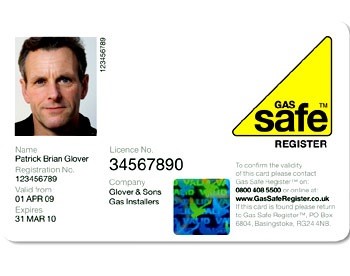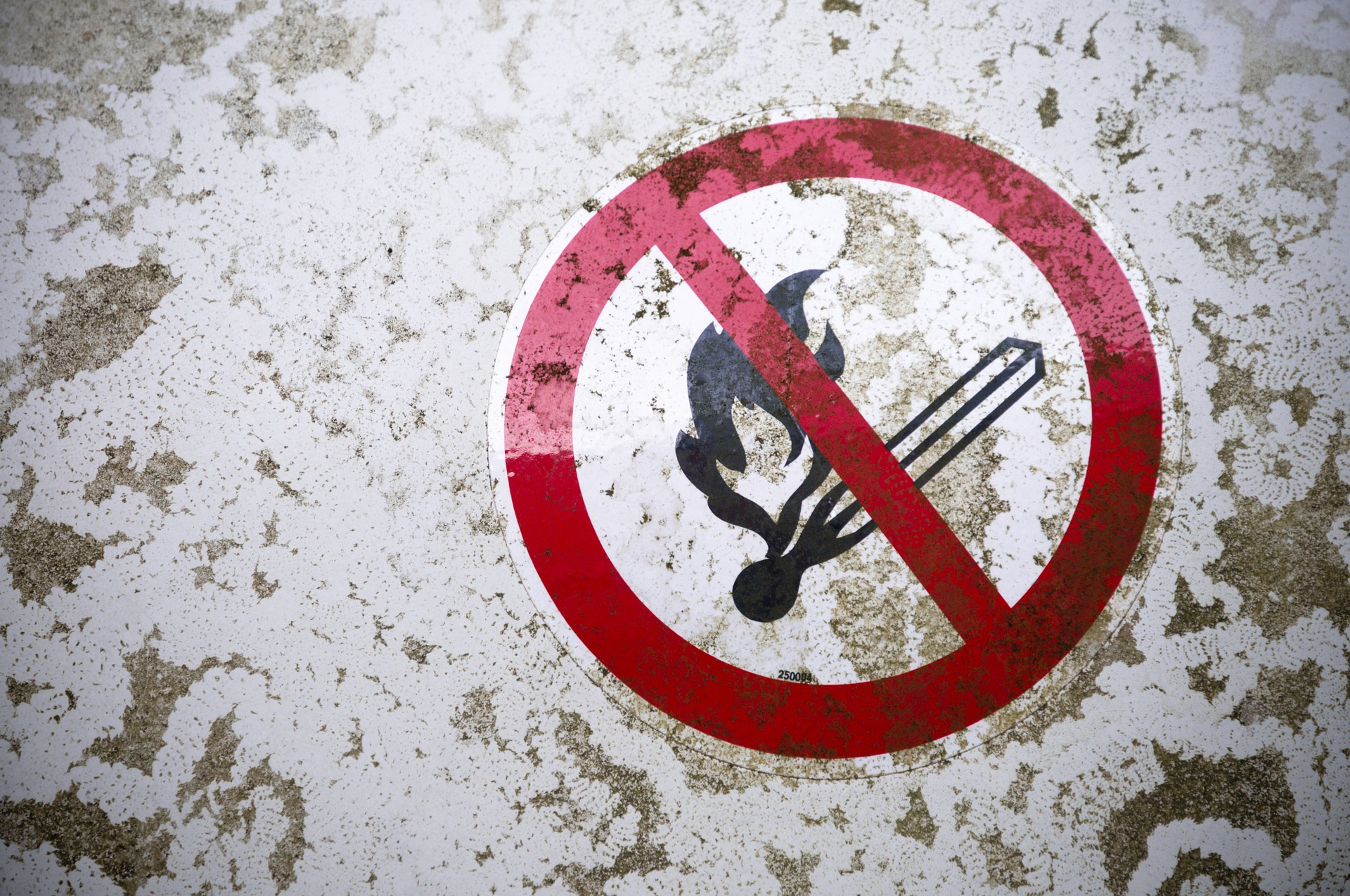How to prevent and detect a gas leak in your home
18
Don’t be caught off guard. Gas leaks can lead to carbon monoxide poisoning, fires and even explosions – so follow these prevention and detection techniques to stay safe.
Poorly fitted, badly maintained or faulty appliances, like boilers and cookers, are the leading cause of gas leaks. According to the Gas Safe Register, you’re most at risk of a gas leak if you’re in Birmingham, where 34% of appliances are unsafe. Homes in Brighton, however, are the safest with only 5.4% of appliances considered a gas danger. Wherever you are, there’s a local gas fitter to help you to minimise the risk…
Prevent
Stop a gas leak from happening in the first place.
1. Have a Gas Safe Engineer install your appliances
Got a new oven, cooker or boiler? Ask a Gas Safe Engineer (previously CORGI) to install it professionally and securely – to minimise the risk of a leak. Browse your local directory and ask your tradesmen to show their registration card, which looks like this:

(Sample)
There are different types of registration, some may be qualified to work on your pipes or boiler, but not install a gas fire.
2. Check your appliances for wear and tear regularly
Is the pilot light continuously blowing out on your boiler?
Is there more condensation than normal on your windows, a musty smell or signs of soot in your home?
Check your appliances for black, brown or scorched areas and look for an orange or yellow flame burning instead of a blue one. These could all be signs of a potential or impending gas leak. Repair and replace any suspect appliances.
When you move into a new home, inspect your appliances to ensure they’re safe. Renting? Legally, the landlord must show you a gas safety certificate to prove that annual safety checks are complete and all gas appliances are properly serviced.
3. Be cautious of old or second-hand appliances
Before installing them into your home, check that they’re not damaged – again, look for scorch marks, for example. If you have any doubts about whether it’s safe, either ask a gas fitter to give it the once over or simply don’t use it – it’s not worth the risk.
4. Ensure that rooms with gas appliances have ventilation
Although this won’t prevent a gas leak, it’s an important safety measure in the event of one happening – you’ll need to let the gas out of the room, through air inlets, windows, flues or chimneys, so don’t block or obstruct them.
5. Know where your gas valve is
So you can shut it off quickly in an emergency, by turning the handle a quarter turn so the lever is at 90 degrees to the gas pipe. Look for yours inside your meter box or under your stairs, kitchen sink or in your garage.
Detect
Stay calm and act fast if you suspect a gas leak.
Never use a flashlight, match or candle to look for a gas leak, and never turn electric switches on or off – this could spark and ignite a gas leak, causing an explosion, as any naked flame would.

1. Don’t call tradesmen on your mobile in your home
When you have a gas leak, turn off your supply at the gas meter, open all windows and doors to air out your home, and get everyone outside as soon as possible.
Don’t use any electrical devices inside, including your phone – call your emergency engineer when you’re safe outside. They’ll locate the leak when they arrive.
2. Can you smell gas?
An odour is added to gas, so you can detect a leak – when you smell a sulphurous or rotten egg like scent around or near an appliance, it’s a sign that you may have a gas leak. You may also hear a hissing sound as well. Call an emergency gas fitter immediately.
3. Are you experiencing physical symptoms?
Feeling lightheaded, ill, dizzy or nauseous? These could be symptoms of a gas leak or carbon monoxide poisoning, especially if your symptoms pass once your outside in the fresh air.
4. Install a carbon monoxide alarm
You can’t taste, smell or see carbon monoxide, so an alarm is a good way to protect yourself – they look like smoke alarms, but alert you to a potential gas leak. Carbon monoxide poisoning kills about 50 people each year in their homes, with over 200 people suffering from health problems as a result – so take every precaution.
5. Dying plants
Of course, house plants will die for a host of reasons. But if you see dead or discoloured plants surrounded by healthy green ones, it could indicate a gas leak.
Need a local gas fitter? They’re right here, find tradesmen near you…